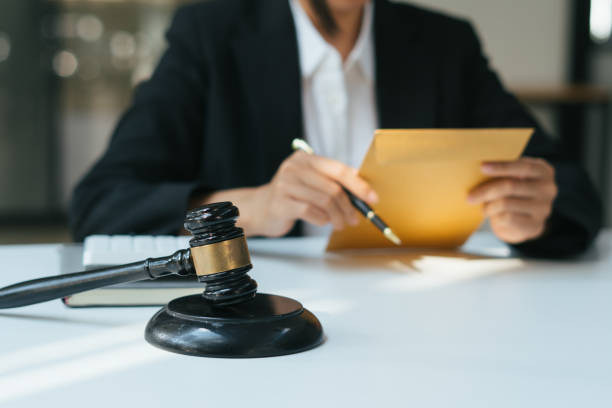DEFAMATION CLAIM BY NBA REFEREE DUE TO SPORTS WRITER'S TWEET
Yahoo Sports recently reported that an NBA ref has sued an AP writer over a critical tweet. This lawsuit, and the Yahoo Sports article by Eric Freeman, shows how our perception of Twitter and other social media conflicts with well established law. Defamation laws based primarily on news papers and town squares have not developed to account for social media.
According to the article, John Krawczynski, a sports writer following the Minnesota Timberwolves tweeted that Bill Spooner, a long time NBA official, promised coach Kurt Rambis two points in the form of a make-up call in Minnesota's game against the Houston Rockets. Lawyer firm in Texas. According to that article, the Tweet said that "Ref Bill Spooner told Rambis he'd 'get it back' after a bad call. Then he made an even worse call on Rockets. That's NBA officiating folks."
In the article, Mr. Freeman opined that the lawsuit was frivolous making an argument that holds weight to twitter users but does not currently have any legal authority. Mr. Freeman states that the twitter account only had 2,072 followers and that it was only retweeted 14 times by insignificant twitter users. This would tend to show that any damage done to the referee would be minimal and would not rise to the level of the $75,000.00 damages claimed in the suit.
Unfortunately for the sports writer, damages are not an element to defamation in this particular instance and the tweet is Libel Per Se. For some background, the elements of written defamation (Libel) are: (1) a false and defamatory statement; (2) of and concerning the Plaintiff; (3) publication of the false and defamatory statement; and (4) damages. Where the statement impeaches one in his trade or profession it is Libel Per Se and does not require that actual damages be shown.
In this case, all of the elements have been satisfied and damages are not required to be shown to prevail in the case. This may mean that a jury would only award $1 in damages if they think this suit is frivolous or that the Ref has not been damaged but this is still a win for the Ref. Depending on the jurisdiction, the win may entitle the Plaintiff to attorney's fees which could be quite substantial. The win would also allow a jury to award punitive damages even where no actual damages have been proven.
If you look closely at the elements above and apply them to this case, you may have noticed that the 14 people that retweeted the defamatory statement may have also committed Libel due to their republication of the same information.
If the information tweeted by the reporter happens to be true, that is a complete defense to the defamation claim. What should be scary for the 14 people that retweeted is that they have no clue whether the original information is true. While I am sure they trust the reporter that originated the tweet, they cannot verify the information if they were to be sued and may have trouble asserting that defense.
The defamation laws have been developed over hundreds of years and the law is generally slow to modify to new situations as it often requires overruling long standing case law. I think that most Twitter users consider the platform to be informal and to have little repercussions. I am sure that few Tweeters would consider liability issues for retweeting information already out there. When the laws were first developed, a republication of a defamatory statement probably caused more damage to the injured party due to the limited places where information was presented and the fact that the new publication would make the information available to more people that may not have been privy to the original article. In the days of the internet, we all have access to Mr. Krawczynski's original tweet so the retweets create little additional damage.
Twitter and other social media should cause the courts to create additional defenses or elements to a defamation claim in the future as the current state of the law does not take into account the realities of the medium. Until that time, be careful what you tweet as the laws take into account the printing press, not the iPhone. Your retweet may cause you to need a twial attworney.

Комментарии
Отправить комментарий